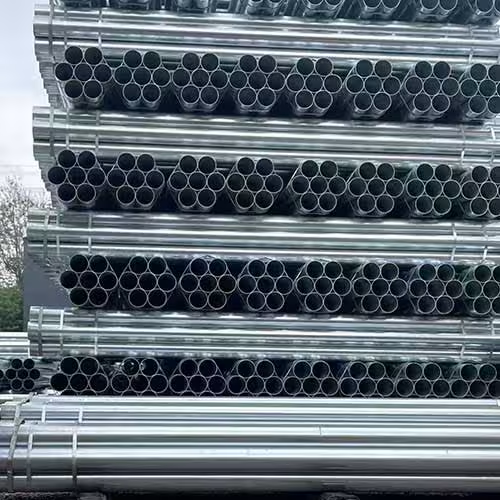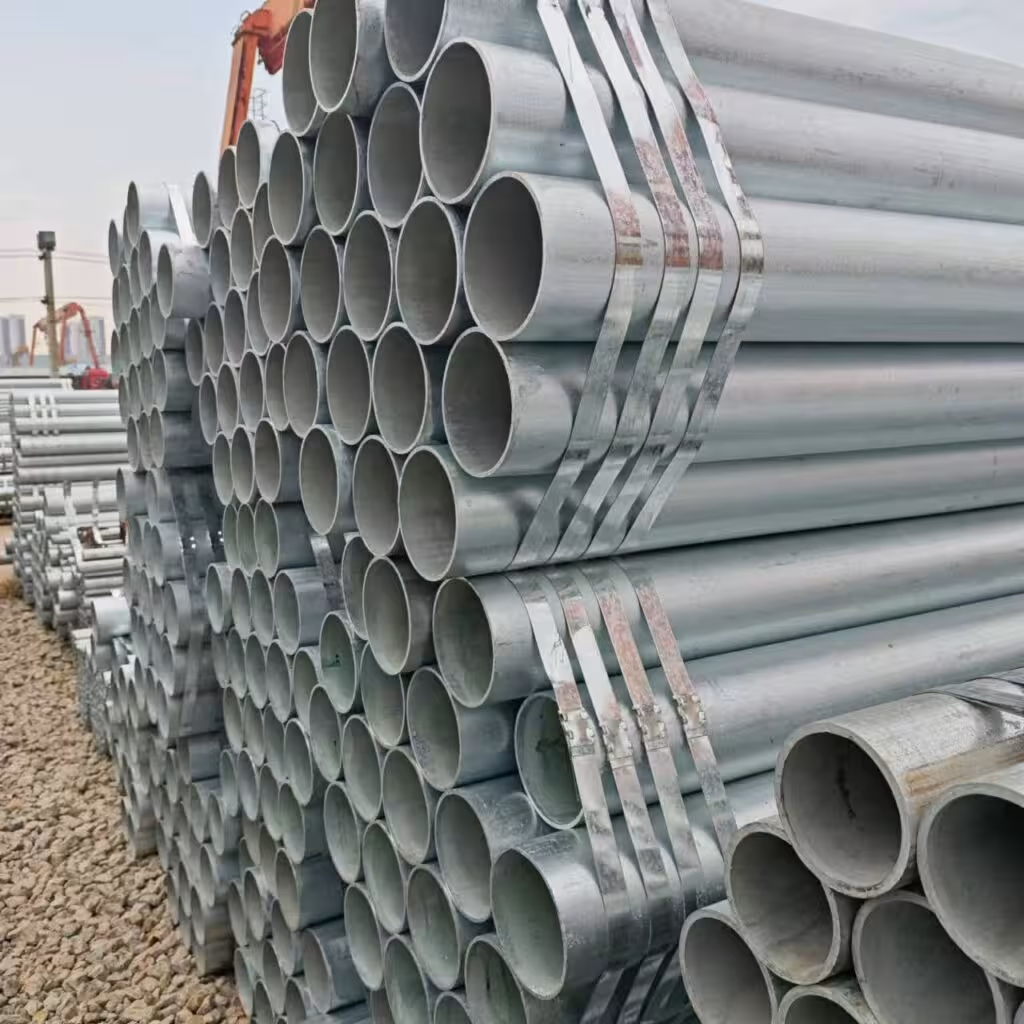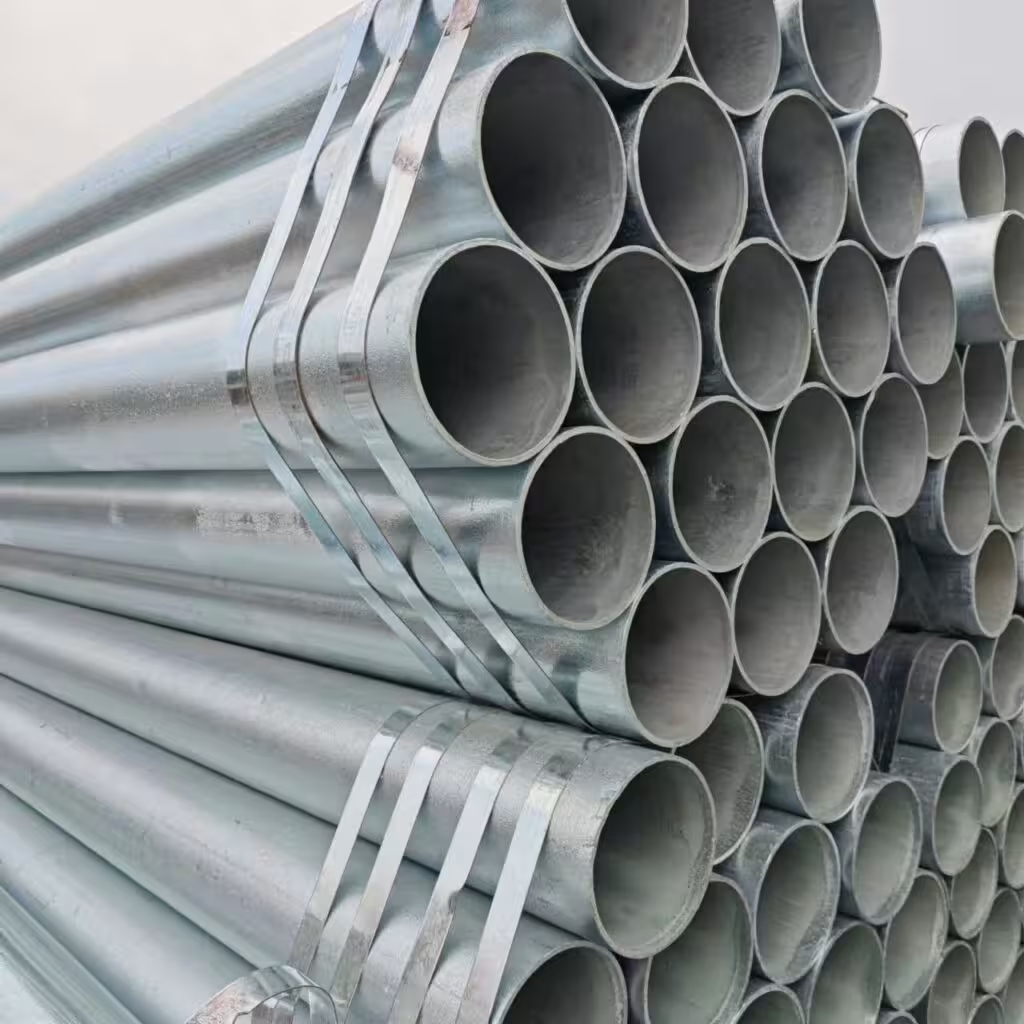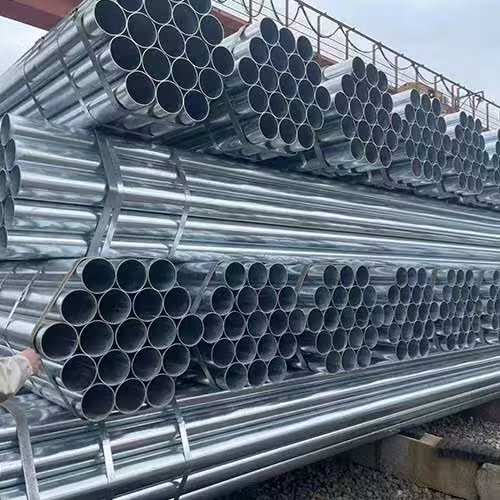Welcome to My Blog!
Before we dive into the content, I’d love for you to join me on my social media platforms where I share more insights, engage with the community, and post updates. Here’s how you can connect with me:
Facebook:https://www.facebook.com/profile.php?id=61565500692293
Now, let’s get started on our journey together. I hope you find the content here insightful, engaging, and valuable.
Table of Contents
Introduction

When it comes to selecting the right type of piping for your plumbing needs, there are several materials to choose from. Among the most common are galvanized steel pipes and copper pipes. Both materials have their own unique advantages and disadvantages, making them suitable for different applications. Understanding the key differences between galvanized steel pipes and copper pipes is crucial in making an informed decision for your plumbing projects.
In this guide, we will compare galvanized steel pipes and copper pipes in terms of their durability, cost, installation, maintenance, and more. By the end of this article, you will have a clearer understanding of which material is best suited for your needs.
Galvanized Steel Pipes: Overview and Features
Galvanized steel pipes are made of steel that has been coated with a layer of zinc to prevent rust and corrosion. This process, known as galvanization, helps to extend the lifespan of the pipes and protect them from the harsh elements. Galvanized steel pipes were commonly used in plumbing systems throughout the 20th century, particularly in older homes. While they are still found in some plumbing systems today, their use has significantly decreased in favor of more modern materials.
Key Features of Galvanized Steel Pipes:
- Corrosion Resistance: The zinc coating on galvanized steel pipes prevents corrosion and rusting.
- Strength and Durability: Galvanized steel is a strong and durable material that can withstand pressure and impact.
- Longevity: Galvanized pipes can last for decades when properly maintained.
- Variety of Sizes: Galvanized pipes are available in a wide range of sizes and diameters.
Copper Pipes: Overview and Features
Copper pipes have long been the standard for residential plumbing due to their superior corrosion resistance, strength, and ease of installation. Unlike galvanized steel pipes, copper pipes do not require an additional protective coating to prevent corrosion, as copper itself is naturally resistant to rust. Copper pipes are still widely used in modern plumbing systems, especially for water supply lines and HVAC systems.
Key Features of Copper Pipes:
- Corrosion Resistance: Copper naturally resists corrosion and oxidation, ensuring a long lifespan.
- Flexibility: Copper pipes are more flexible and easier to install compared to galvanized steel pipes.
- Heat Resistance: Copper can handle high temperatures, making it ideal for hot water applications.
- Sanitary: Copper does not leach harmful chemicals into water, making it a safe option for drinking water pipes.
Galvanized Steel Pipes vs. Copper Pipes: A Side-by-Side Comparison
The choice between galvanized steel pipes and copper pipes depends on several factors such as the intended use, cost, and maintenance requirements. Below is a detailed comparison of the two materials to help you understand the key differences.
| Feature | Galvanized Steel Pipes | Copper Pipes |
|---|---|---|
| Durability | High strength and resistance to pressure, but prone to corrosion over time | Excellent corrosion resistance and long-lasting lifespan |
| Corrosion Resistance | Zinc coating protects against rust but can deteriorate over time | Naturally resistant to corrosion and rust |
| Cost | More affordable upfront but may incur higher maintenance costs | Generally more expensive upfront but has lower maintenance costs |
| Installation | More difficult to install due to its rigidity and weight | Easier to install due to its flexibility and lightweight nature |
| Maintenance | Requires more maintenance due to corrosion over time, leading to potential water quality issues | Minimal maintenance required, with a longer lifespan |
| Health Considerations | Can corrode and leach lead over time, posing potential health risks | Safe for drinking water and does not leach harmful chemicals |
| Weight | Heavier, which makes handling and installation more difficult | Lighter and more flexible, making installation easier |
| Applications | Mostly used in older plumbing systems, irrigation, and certain industrial applications | Commonly used for water supply lines, HVAC systems, and medical gas systems |
Advantages of Galvanized Steel Pipes


While galvanized steel pipes are no longer as commonly used as they once were, they still have certain advantages that make them suitable for specific applications.
Cost-Effective
Galvanized steel pipes are more affordable than copper pipes, making them an attractive option for budget-conscious projects. If you are working on a large-scale construction or renovation project and need to minimize costs, galvanized steel pipes can be a good choice.
Strength and Durability
Galvanized steel pipes are strong and able to withstand high pressure, making them suitable for industrial applications. Their strength makes them ideal for use in applications where heavy-duty performance is required.
Corrosion Resistance
The zinc coating on galvanized steel pipes offers a high level of corrosion resistance, especially in environments where the pipes are exposed to moisture or other corrosive elements.
Advantages of Copper Pipes
Copper pipes have earned a reputation for their reliability and long-lasting performance in residential plumbing systems. Here are some of the key advantages of copper pipes:
Superior Corrosion Resistance
Copper pipes do not require any protective coating, as they are naturally resistant to corrosion. This makes them an ideal choice for long-term water supply lines, especially in areas with high moisture levels or corrosive water conditions.
Ease of Installation
Copper pipes are much easier to work with due to their flexibility and lightweight design. This makes installation faster and less expensive compared to galvanized steel pipes, which can be difficult to maneuver.
Long Lifespan
Copper pipes are known for their exceptional durability, often lasting over 50 years or more when properly installed and maintained. This makes them a reliable choice for homeowners looking for a long-term investment in their plumbing system.
Safe for Drinking Water
Copper does not leach harmful chemicals into the water, making it a safe and reliable option for potable water lines. In contrast, galvanized steel pipes can corrode and leach harmful substances, potentially affecting the quality of drinking water.
Maintenance and Longevity: Which is Better?

One of the key differences between galvanized steel pipes and copper pipes is their maintenance requirements. Galvanized steel pipes, while durable, are prone to rust and corrosion over time. The zinc coating eventually wears away, allowing the underlying steel to rust, which can affect water flow and quality. Additionally, the rust and corrosion buildup inside galvanized pipes can restrict water flow and cause blockages.
On the other hand, copper pipes are much more resistant to corrosion and do not suffer from the same issues as galvanized steel pipes. While copper pipes can develop a patina (a greenish discoloration) over time, this does not affect their functionality. Copper pipes require minimal maintenance and can last for decades without significant issues.
Conclusion
Both galvanized steel pipes and copper pipes have their own unique advantages and disadvantages, making them suitable for different plumbing applications. Galvanized steel pipes are a more affordable option that offers good strength and corrosion resistance, but they are prone to rust and corrosion over time. Copper pipes, while more expensive upfront, are highly durable, corrosion-resistant, and safe for drinking water, making them a popular choice for residential plumbing systems.
If you need more information about steel, please feel free to contact us and we will provide you with professional solutions.
FAQ
What are galvanized steel pipes used for?
Galvanized steel pipes are commonly used in older plumbing systems, irrigation, and industrial applications where strength and corrosion resistance are important.
How long do copper pipes last?
Copper pipes can last for over 50 years or more when properly installed and maintained, making them a reliable choice for long-term plumbing systems.
Are copper pipes more expensive than galvanized steel pipes?
Yes, copper pipes are generally more expensive upfront than galvanized steel pipes. However, they have lower maintenance costs and a longer lifespan, making them a better long-term investment.
Do galvanized steel pipes rust?
Yes, galvanized steel pipes are prone to rust and corrosion over time, especially if the zinc coating wears away. This can lead to water quality issues and reduced water flow.
Which pipes are best for residential plumbing?
Copper pipes are generally considered the best option for residential plumbing due to their durability, corrosion resistance, and safety for drinking water.

